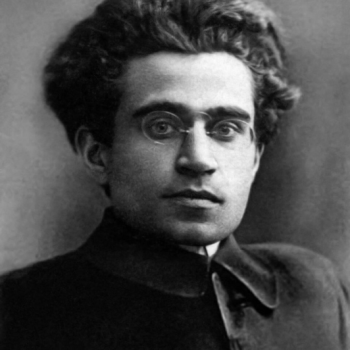Cruise southeast out of Houston, past the NASA exits and toward the Gulf of Mexico, and you pick up something a little incongruous on the radio, amid country crooners, Rush Limbaugh, hip-hop and all the freewheeling clamor of the American airwaves.
“China Radio International,” a voice intones. “This is Beyond Beijing.”
Way, way beyond Beijing.
Sandwiched between a Spanish Christian network and a local sports station, broadcasting at 1540 on your AM dial, is KGBC of Galveston, wholly American-owned and -operated, but with content provided exclusively by a mammoth, state-owned broadcaster from the People’s Republic of China.
Call it KPRC. Or as the locals quip: Keep Galveston Broadcasting Chinese.
The little Texas station may be modest, but it is part of a multibillion-dollar effort by the Chinese government to expand its influence around the world. As China rises as a global force, its leaders think that their country is routinely mischaracterized and misunderstood and that China needs to spread its point of view on everything from economics to art to counter the influence of the West.
Beijing’s new response is typically massive and ambitious: a $6.6 billion global strategy to create media giants that will challenge agenda-setting Western behemoths such as Rupert Murdoch’s News Corp., the BBC and CNN.
At a time when the Western media are contracting, China is pushing its government-run news services to expand from America to Zimbabwe. The Chinese are creating TV networks, pouring millions into English-language newspapers, leasing radio stations on all continents and broadcasting TV news to a worldwide audience in six languages.
The stations don’t broadcast outright propaganda, but rather programming with a Chinese focus and flavor, tailored for local audiences. In Galveston, the format mixes China-centric international news, talk shows about the status of China’s women and a healthy dose of gangsta rap — all in English.
Behind the push is a Communist Party hierarchy that has seized upon the idea of “soft power” as China’s new Holy Grail in its search for superpower status. President Hu Jintao has publicly stressed the strategy. And in 2008, Li Changchun, the party leader responsible for propaganda, summed up China’s rationale: “In the modern age, whichever nation’s communication methods are most advanced, whichever nation’s communication capacity is strongest . . . has the most power to influence the world.”
via From China’s mouth to Texans’ ears: Outreach includes small station in Galveston.










